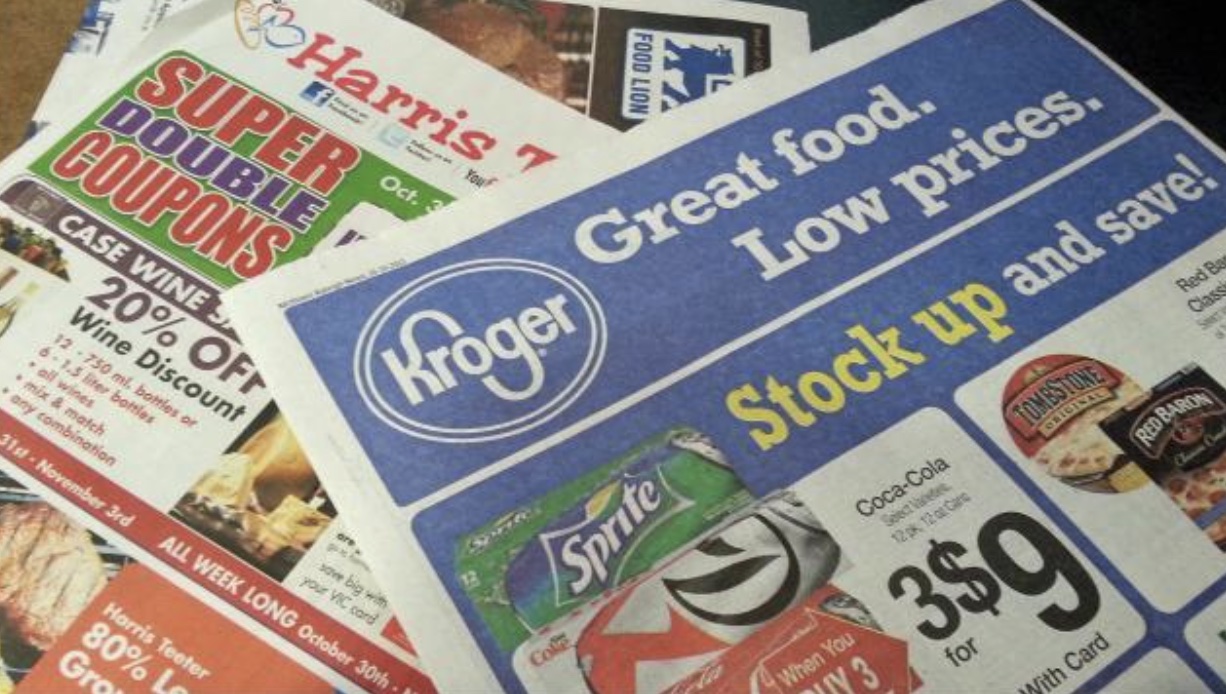A food broker is a professional who acts as an intermediary between food manufacturers or suppliers and retailers or distributors. They can help you introduce your brand to the market and get your products sold in grocery stores by leveraging their industry knowledge, relationships, and expertise.
Here are some ways a food broker can help you:
- Market research: A food broker can conduct market research to understand the competition, target audience, and pricing strategy. This research can help you position your brand and products in the market to maximize sales.
- Sales strategy: Based on their market research, a food broker can develop a sales strategy that includes the right product mix, packaging, and pricing. This strategy can help you appeal to grocery store buyers and increase your chances of getting your products on their shelves.
- Retailer relationships: A food broker has established relationships with grocery store chains and independent retailers. They can leverage these relationships to get your products in front of buyers and secure shelf space.
- Negotiations: Food brokers are skilled negotiators and can negotiate pricing, promotional opportunities, and other terms on your behalf. They can help you get the best deal while ensuring that your products are profitable for both you and the retailer.
- Marketing and promotion: A food broker can help you develop and execute marketing and promotional campaigns to increase brand awareness and drive sales. This can include in-store promotions, social media campaigns, and other tactics to engage customers.
Bottom line, a food broker can be a valuable partner in introducing your brand to the market and getting your products sold in grocery stores. They can provide industry expertise, relationships, and sales strategy to help you succeed.

Does a food broker help you plan in-store marketing promotions and get your product listed in the grocery stores weekly mailer?
Yes, a food broker can help you plan in-store marketing promotions and get your product listed in the grocery stores’ weekly mailer. In-store promotions and weekly mailers are both important marketing tools that can help increase sales and raise brand awareness. Here’s how a food broker can help with each of these:
In-store promotions: A food broker can work with the grocery store to plan and execute in-store promotions for your products. This can include offering discounts, coupons, or free samples to customers. In-store promotions can help draw attention to your products and encourage customers to make a purchase.
Weekly mailers: Many grocery stores send out weekly mailers to customers highlighting special deals and promotions. A food broker can work with the store’s marketing team to get your product featured in the mailer, which can help raise awareness and drive sales. They can also help you plan special promotions or discounts that can be included in the mailer.
Overall, a food broker can be a valuable partner in helping you plan and execute effective marketing strategies to promote your products in grocery stores. They can leverage their industry knowledge and relationships to help you get your products in front of customers and increase sales.
How do food brokers get paid?
Food brokers typically get paid on a commission basis, which means they earn a percentage of the sales they generate for their clients. The commission percentage can vary depending on the product and the agreement between the food broker and the client.
Here are some common commission structures for food brokers:
- Straight commission: Under this structure, the food broker earns a percentage of the gross sales generated by the products they represent. For example, if the commission percentage is 5% and the product sells for $100, the food broker would earn $5 in commission.
- Commission plus expenses: Some food brokers may charge a commission plus expenses, which means they receive a commission on sales plus reimbursement for any expenses they incur while representing the client, such as travel expenses.
- Flat fee: In some cases, food brokers may charge a flat fee for their services instead of a commission. This fee is typically negotiated upfront and can vary depending on the scope of work and the complexity of the project.
It’s important to note that food brokers work on behalf of their clients, and their commission is only earned when they successfully generate sales. This means that food brokers have a strong incentive to work hard to promote their clients’ products and secure sales in order to earn their commission.
